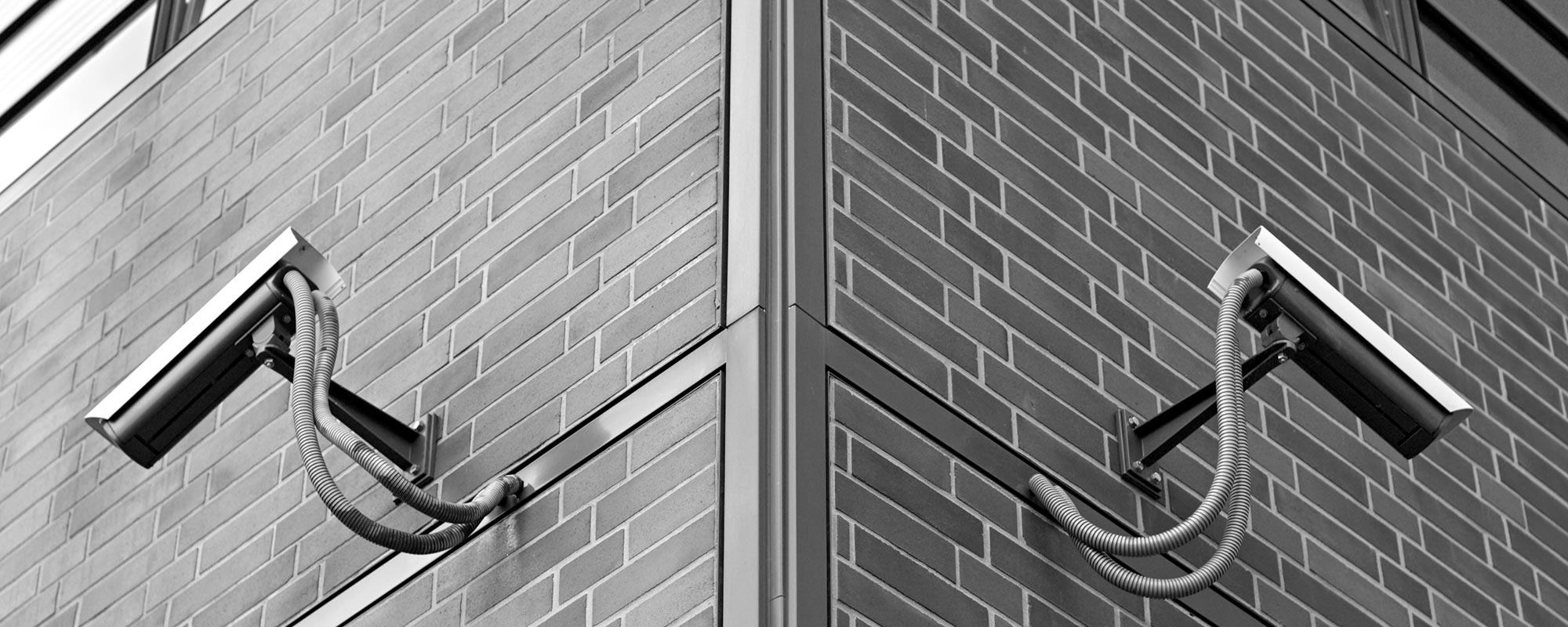In a landmark win for seven INCLO members, the European Court of Human Rights (ECtHR) ruled that the United Kingdom’s bulk surveillance practices violate privacy and freedom of expression. Lead by Liberty UK, seven INCLO members, including the Canadian Civil Liberties Association, joined a coalition of non-governmental organizations (NGOs) in Strasbourg, France to challenge the legality of British and U.S. intelligence agencies intercepting private communications in bulk, and sharing this data through intelligence sharing agreements. We began our challenge after Edward Snowden’s courageous 2013 revelations of the full extent governments are willing to spy on us without reasonable suspicion. Today, we celebrate the court’s historic findings that the U.K.’s system of communications interception was an unlawful breach of privacy. The U.K.’s regime for authorizing mass interception was ruled incapable of keeping their privacy “interference” to what is “necessary in a democratic society.” The Court also agreed with our arguments that mass interception of metadata—the “who” “when” “where” and “how” information that is part of every electronic message—is just as intrusive as intercepting content information. The Court noted that while each piece of data reveals details, “In bulk, the degree of intrusion is magnified, since the patterns that will emerge could be capable of painting an intimate picture of a person through the mapping of social networks, location tracking, Internet browsing tracking, mapping of communication patterns, and insight into who a person interacted with.” “CCLA is proud to share this victory for privacy and free expression rights with our colleagues around the world,” says CCLA’s executive director Michael Bryant. “Today’s decision at the ECtHR confirms that mass surveillance is incompatible with fundamental rights that are at the heart of strong democracies.” The INCLO members that joined a coalition of NGOs included:
- Liberty UK, American Civil Liberties Union (ACLU), Canadian Civil Liberties Association (CCLA), Egyptian Initiative for Personal Rights (EIPR), Hungarian Civil Liberties Union (HCLU), Irish Council for Civil Liberties (ICCL), Legal Resources Centre South Africa (LRC).
WHAT THIS MEANS FOR CANADA
Although the Liberty UK case addressed activities in the United Kingdom, this is “a global issue that affects every nation and every person who communicates online,” Bryant notes. Many of the undersea cables carrying the world’s internet traffic route through the U.K., which makes it inevitable that communications originating in Canada are frequently caught up in U.K. mass surveillance activities. Further, Canada is a participant in intelligence sharing activities with the U.K., the U.S. and others as a member of the Five Eyes Intelligence alliance. Not only are Canadians affected by the problem of mass surveillance, but we need to pay attention to this ruling at home. With Bill C-59, Canada’s proposed new national security legislation currently at the Senate, our government needs to look carefully at the provisions in that law which facilitate mass surveillance to ensure that our laws uphold the vital privacy and free expression principles enshrined in this decision.
MORE INFORMATION
- Read the case: Case of Big Brother Watch and others vs. United Kingdom
- Explainer from Privacy International, our partner in litigation: UK mass interception law violates human rights
- INCLO report: Unanswered Questions – International Intelligence Sharing
About the Canadian Civil Liberties Association
The CCLA is an independent, non-profit organization with supporters from across the country. Founded in 1964, the CCLA is a national human rights organization committed to defending the rights, dignity, safety, and freedoms of all people in Canada.
For the Media
For further comments, please contact us at media@ccla.org.





